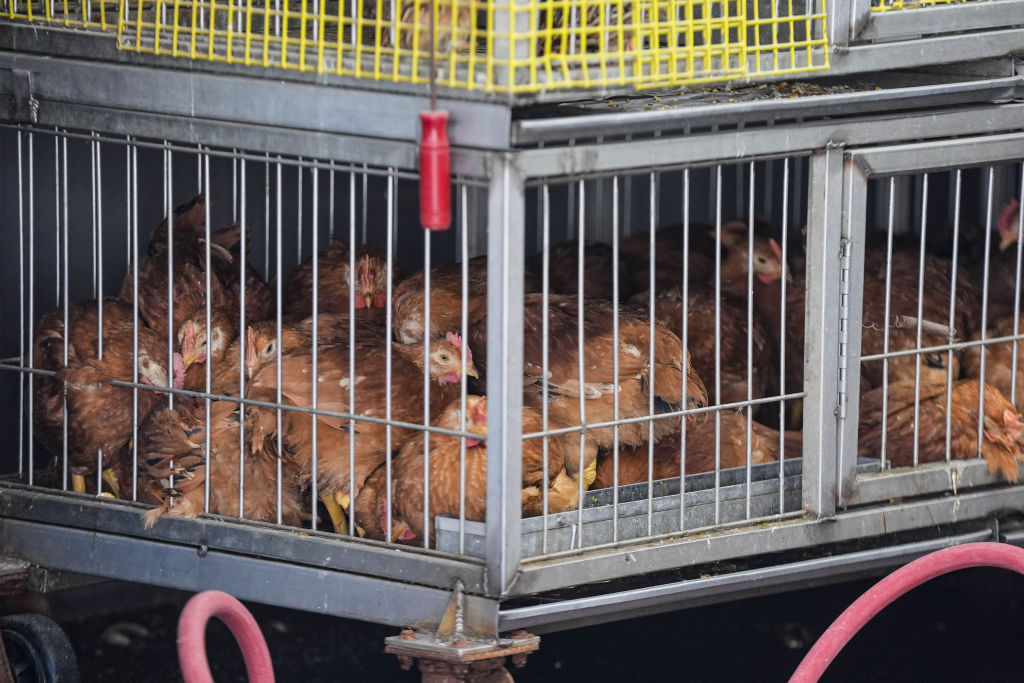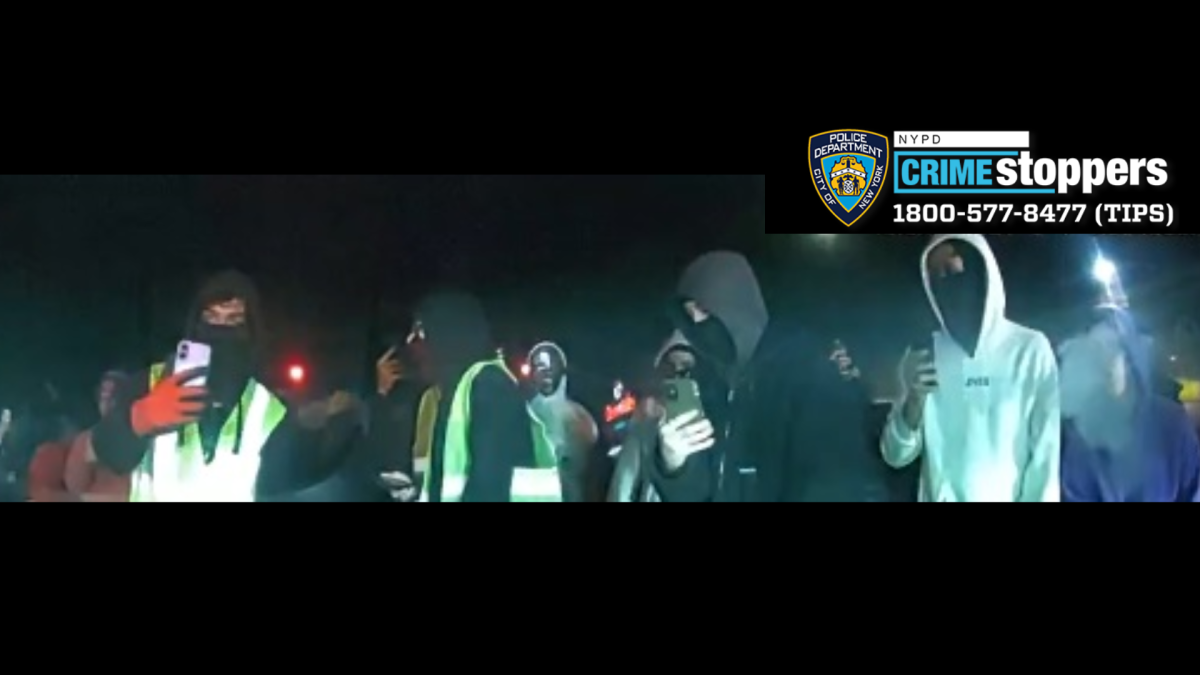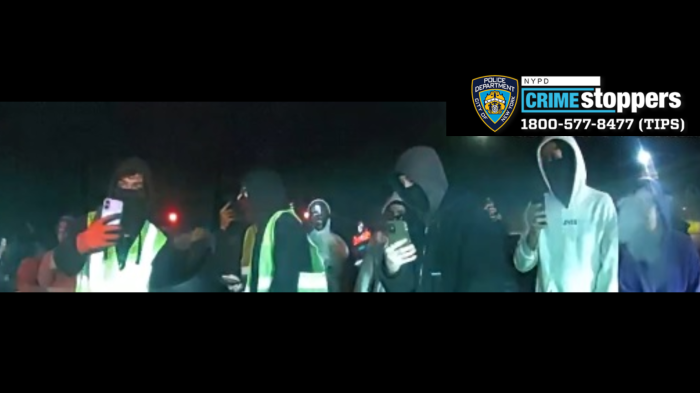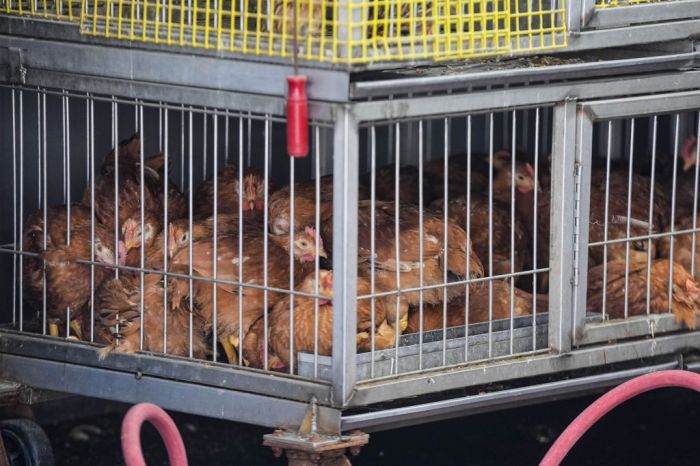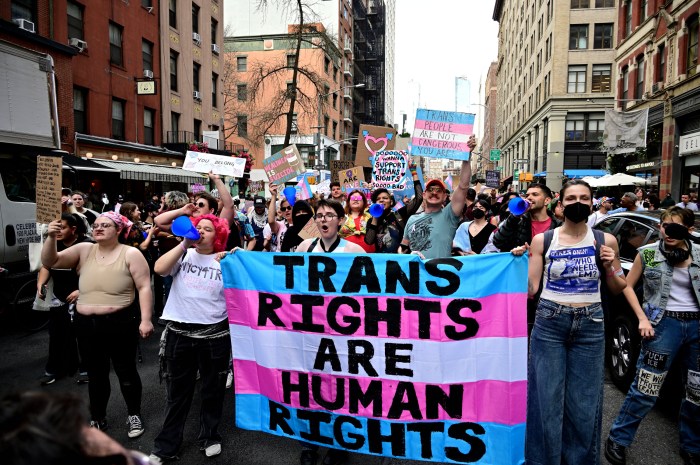
Finding housing for a homeless veteran can be a battle. But making sure they keep their new homes is a whole other challenge.
A new program called Veterans Aftercare Program, launched by the nonprofit HELP USA, aims to give veterans a running start with support and guidance from a team of social workers.
“A lot of veterans are moving into housing, and that’s great, but they are not getting the strong aftercare they need,” said Daniel Farrell, senior vice president of HELP USA.
Farrell said problems that often force veterans into homeless shelters can be smoothed over with the help of social workers.
“People also may be moving into unfamiliar neighborhoods,” Farrell said. “We want them to feel connected to their communities. Do they know where the library is? Where to get the bus? Where to go shopping? Veterans move into a community and no one tells them these things.”
HELP USA began the one-year pilot in July with a grant from the Robin Hood Foundation. The goal is to build relationships with 150 veterans.
One of those is 84-year-old Eugene Scott, who recently moved into a Bronx apartment after spending most of the past five decades living in Harlem. He served in the Air Force during the Korean War and relocated from his home in Detroit to Harlem.
“When I got here, it seemed everyone had money here — even the kids,” he recalled.
Scott spent years working off the books. But in recent years, a run-in with the law led to jail time and the loss of his apartment. He ended up at the Borden Avenue Veterans Residence, a homeless shelter in Long Island City.
Because he had not received an honorable discharge, Scott did not have benefits to fall back on.
“Some of the veterans we see in shelters are the most disenfranchised,” Farrell said. “If they don’t have an honorable discharge, they are ineligible for housing vouchers.”
HELP USA found an apartment for Scott in a supportive housing complex in the Bronx. Stephanie Cruz, a social worker and housing aftercare clinician, has been working with Scott to make sure he is settled in.
“I feel Mr. Scott deserves this chance,” Cruz said. “This place really fits his needs and he will have a chance to meet people and be part of this community.”
The complex is designed for elderly tenants who have their own apartments but share a laundry room, activity center and meeting room.
“My job is to make sure he never goes back into the shelter system or any system,” she said.
Scott said he is enjoying his new home.
“This is the first time I ever got this kind of help,” said Scott, who had been hoping to be placed in Harlem. “But this place is so nice, I just couldn’t say no.”




